השואה וההיסטוריה: נתקים בעידן פוסטמודרני /
עמוס גולדברג
המאמר בוחן את השאלה אם השואה וחקרה השפיעו על הדיסציפלינה ההיסטורית. המחבר טוען שאף שניתן לראות השפעה כזו בכמה תחומים בתוך הדיסציפלינה (למשל חקר רצח העם וחקר הזיכרון הקולקטיבי), נדמה שהם לא השפיעו על רובדי העומק שלה. המאמר מתמקד בשני דיונים תיאורטיים בעלי אופי פוסטמודרני שהתקיימו בתחומי הדיסציפלינה ההיסטורית, ובוחן את השפעתם על הדיסציפלינה עצמה. הדיון האחד עסק בשאלות של ייצוג, ובספר Probing the Limits of Representation בעריכת שאול פרידלנדר (1992), שהיה אחד הטקסטים המכוננים של דיון זה. אף על פי שהיה נועז מאוד מבחינה תיאורטית, השפעתו של הדיון בשאלת הייצוג על הפרקטיקה של הכתיבה ההיסטורית הייתה קטנה. הדיון השני עסק בתהליכי ייצור המשמעות בהיסטוריה ותרם להופעת התחום של "היסטוריה תרבותית", ששינה באופן יסודי את דיסציפלינת ההיסטוריה. עם זאת, על פניו, תחום זה לא הושפע ישירות מהדיון בשואה וממחקר השואה.
החלק השני של המאמר דן בספרו האחרון של שאול פרידלנדר גרמניה הנאצית והיהודים: שנות ההשמדה, 1939–1945 (2009), שהיה ניסיון להטמיע אל תוך הפרקטיקה של כתיבת ההיסטוריה את התובנות שהתפתחו בדיון התיאורטי על ייצוג השואה. טענתו של מחבר המאמר היא כי תוצאת הניסיון מרשימה מאוד מבחינה אסתטית אך חלקית ביותר מבחינת חדשנותה התיאורטית.


